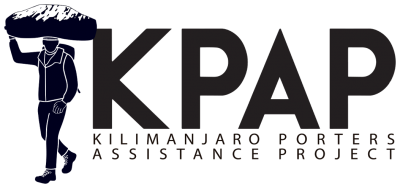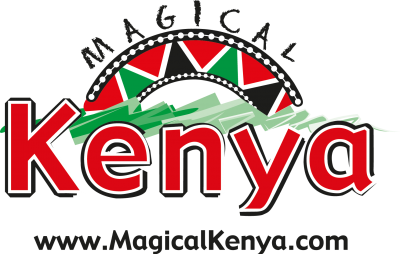Rwanda
Rwanda, is a small inland state in Central Africa. It borders Uganda (in the north), Tanzania (in the east), Burundi (in the south) and Congo (in the west). The state, located in the area of the Great Lakes, is nicknamed the "Land of Thousands of Hills" due to its mountainous surface.
The main reason for visiting this breathtaking country is undoubtedly the journey to the wild mountain gorillas. There are only four countries where you can visit mountain gorillas, namely Uganda, Rwanda, Congo and the Democratic Republic of Congo. After that, only about 880 individuals live in the world (data from the end of 2012).
A visit to the surroundings of Lake Kivu with beautiful beaches and a view of the 4,000 volcanic peaks is also unique.
Rwanda went through a civil war, the course of which was also described in the book "Hotel Rwanda", which was later filmed. The country has recovered from the war and is now open to its tourists, but the memory of the genocide that took place here is still in vivid memory.
It is also worth visiting the museum in the capital Kigali. Kigali genocide memorial center.
Information before the trip
What to look out for when traveling to Rwanda.
Visas - Citizens of all countries must check the visa requirement before traveling here https://www.migration.gov.rw/home/. The traveler must have a valid passport (valid for at least 6 months after the planned departure from Rwanda). Visas can be applied for at the Rwandan Embassy in Berlin or online. The visa is issued for 30 days and its price is about 30 USD. The visa is paid directly at the border or at the airport. In case of travel to Rwanda, we will assist you in processing visas.
Vaccinations - When traveling to Rwanda, you must have a yellow fever vaccination and a valid international vaccination card. Other vaccinations are only recommended.
Recommended vaccinations: Hepatitis A and B and typhoid fever.
Customs regulations - Export, transit and import of any objects originating from or produced from wild game (trophies, ivory or leather products of protected animal species, but also eg marine fauna) is a criminal offense, the export of live wild animals, insects or plant species without special permission is strictly prohibited.
Money and guide prices
The official currency in Rwanda is the Rwandan Franc (RWF), which is further divided into 100 centimes. However, due to their low nominal value, they are no longer struck. 5000, 1000, 500, 200, 100 RWF banknotes are in circulation. There are also smaller copper coins worth 50, 20, 10, 5 and 1 RWF.
1000 RWF = 1,02 USD
History
Theories about the origin of the Rwandan state differ. Some sources state that Rwanda was founded as early as the end of the 13th century, when the so-called Tutsis, who were cattle herders, came to the country and established a kingdom there. The other original inhabitants were agriculturally oriented Hutus and Pygmies (Twa).
All the groups lived together in peace, sharing the same language and creating the same traditions and culture. However, tensions have arisen in the distant past, due to the higher, feudal position of the Tutsis as rulers of the country.
From 1898, Rwanda was under German rule and during World War I again under Belgian rule, which remained in power. In 1923, this was only confirmed by the UN, which officially entrusted Rwanda and Burundi to its power under the name Rwanda Urundi. Rwanda regained its independence back in 1963.
Europeans brought many changes to the country, built infrastructure, roads, schools, but also brought new weapons to the country. Europeans also in a way unleashed hatred between the two largest groups (the Tutsis and Hutus), making the Tutsis rulers of the country who dominated the other races.
This hatred and the ensuing power struggle resulted in a civil war and subsequent genocide, which claimed 800,000 Rwandans. The whole situation arose in such a way that the Hutu tribe gradually came to power, thanks to the elections, and they tried to eradicate the hitherto higher-standing Tutsi tribe.
The situation in Rwanda is already stable and the state is fully open to its tourists.
Nature
Rwanda is also nicknamed the "land of a thousand hills" due to its volcanic origin. On your way through this country you will drive through hills and mountains, rainforests, savannas with bushes, large lakes and volcanoes. The country has five large lakes - Ihema, Kivu, Hago, Mihindi and Rwanyakizinga, the largest rainforest in East and Central Africa - Nyungwe Forest National Park, which dates back to the Ice Age. The Akagera River, located in the national park of the same name, is one of the main sources of the Nile.
The west and center of the country is formed by endless mountain peaks with many. There is also the famous "Parc national des Volcans" where many tourists go to the last few families of mountain gorillas in the world. The east of the country is largely formed by a large lake Kivu and also wide plains full of wildlife.
Rwandan nature is also a paradise for bird watchers, with more than 700 species living here and about a third of the total number of birds in Africa.




